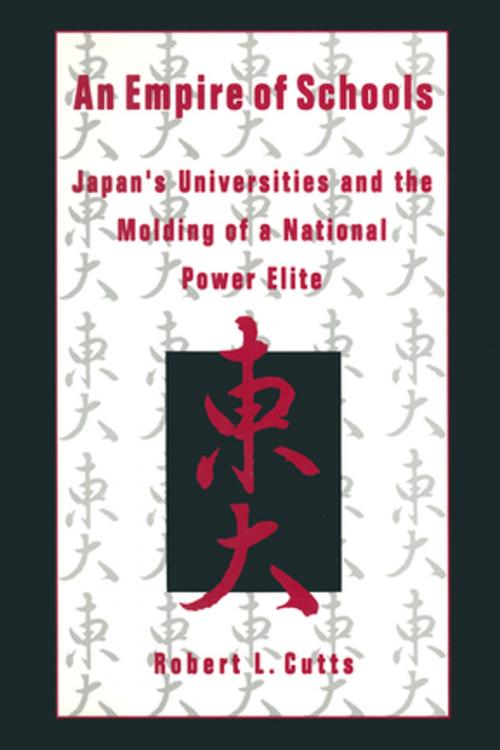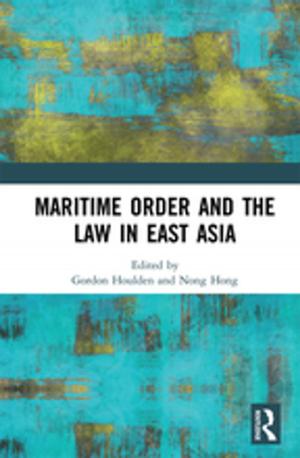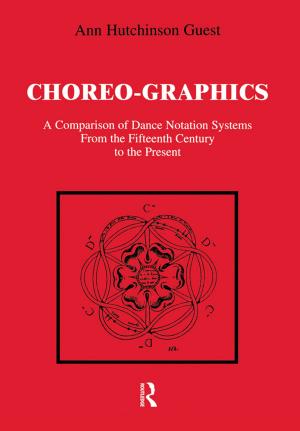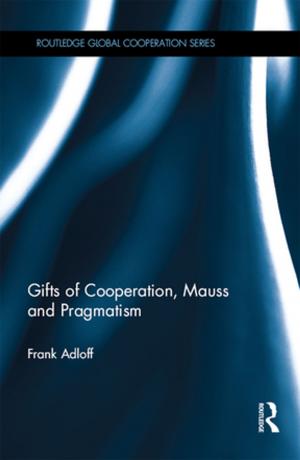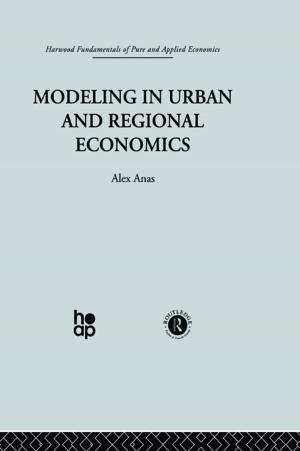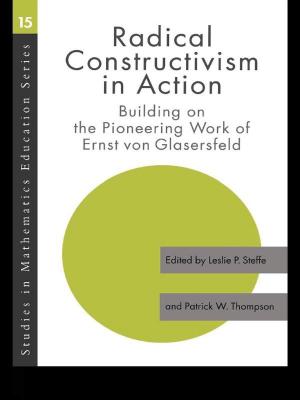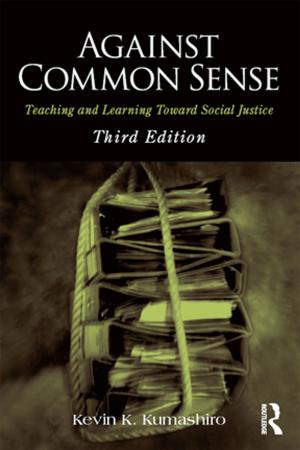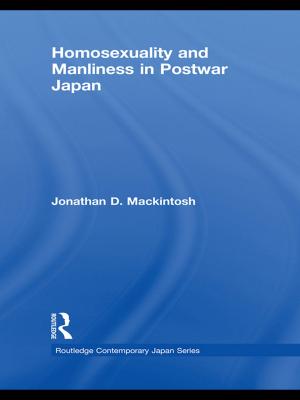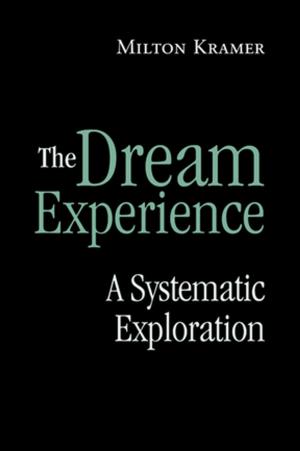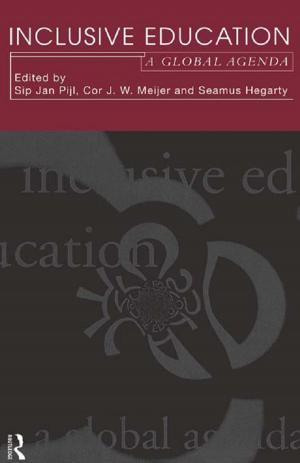Todai: Gods and Humans in the Japanese Empire
Gods and Humans in the Japanese Empire
Nonfiction, Social & Cultural Studies, Social Science, Cultural Studies, Ethnic Studies, Political Science, Government, Public Policy| Author: | Robert Cutts | ISBN: | 9781317453529 |
| Publisher: | Taylor and Francis | Publication: | May 20, 2015 |
| Imprint: | Routledge | Language: | English |
| Author: | Robert Cutts |
| ISBN: | 9781317453529 |
| Publisher: | Taylor and Francis |
| Publication: | May 20, 2015 |
| Imprint: | Routledge |
| Language: | English |
Based on in-depth analysis, extensive interviews, and a journalist's keen insight, An Empire of Schools provides a new framework to explore the misunderstandings that have arisen between Japan and the United States. The vital determining issue that complicates U.S.-Sino communications, Cutts says, is not the cultural incompatibilities of the people or economies but the fact that all Japanese leaders emerge from the same educational treadmill or "cartels of the mind." This revered system, crowned by five national and private universities, and from which almost all Japanese leaders emerge, teaches its students that they are inherently incapable of sharing their values, civic or personal, with those of any other civilization. Describing an educational system that has been left fundamentally unchanged since the Meiji Empire, Cutts depicts the elites who graduate from the system, describes what ethical philosophy is imparted to those graduates, and warns of the dangers of nationalist elitism that arise from the system. Filled with personal anecdotes as well as critical interviews, An Empire of Schools traces the potential consequences to Japan and the Pacific Rim of an educational system that begins imparting an elitist doctrine in kindergarten that extends to the highest levels of Japanese government.
Based on in-depth analysis, extensive interviews, and a journalist's keen insight, An Empire of Schools provides a new framework to explore the misunderstandings that have arisen between Japan and the United States. The vital determining issue that complicates U.S.-Sino communications, Cutts says, is not the cultural incompatibilities of the people or economies but the fact that all Japanese leaders emerge from the same educational treadmill or "cartels of the mind." This revered system, crowned by five national and private universities, and from which almost all Japanese leaders emerge, teaches its students that they are inherently incapable of sharing their values, civic or personal, with those of any other civilization. Describing an educational system that has been left fundamentally unchanged since the Meiji Empire, Cutts depicts the elites who graduate from the system, describes what ethical philosophy is imparted to those graduates, and warns of the dangers of nationalist elitism that arise from the system. Filled with personal anecdotes as well as critical interviews, An Empire of Schools traces the potential consequences to Japan and the Pacific Rim of an educational system that begins imparting an elitist doctrine in kindergarten that extends to the highest levels of Japanese government.
